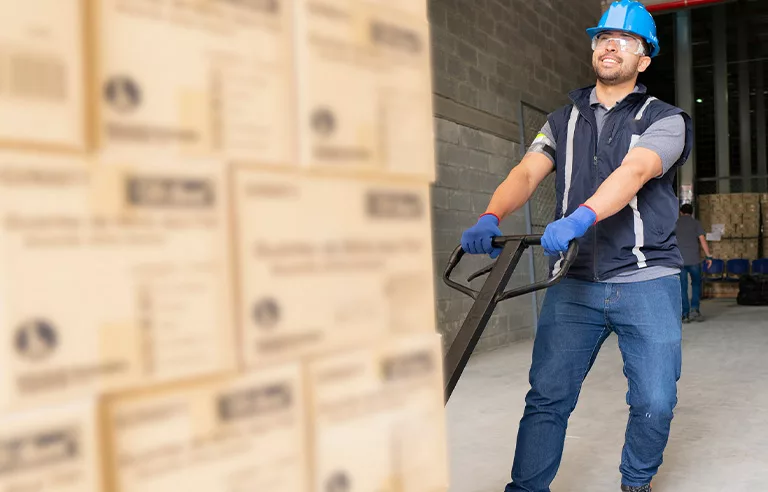
Photo: RicardoImagen/gettyimages
London — Workers in the transportation and storage sectors may face an increased risk of harm from hazards related to climate change, according to a recent report from the Global Safety Evidence Centre.
On behalf of Lloyd’s Register Foundation, the “independent global safety charity” that established the center, researchers from RAND Europe analyzed more than 200 studies on climate change while interviewing experts and conducting a workshop with worker safety and climate change specialists.
The report states that “workers may experience different risks depending on their job location, task or even the time of the year. Workers are unlikely to experience risks in isolation, and the combination of risks may present unique or additional impacts.”
It adds that “new risks continue to emerge” alongside established ones and others that haven’t been widely studied.
The researchers developed industry-specific reviews after finding that most evidence on risks related to climate change – such as excessive heat, ultraviolet radiation and extreme weather events – exists only for the general workforce. They found that transportation and storage workers together had a fatal injury rate of 10 per 100,000 workers for hazards related to climate change.
Only agriculture, forestry and fishing (13.4); construction (12); and electricity, gas and air conditioning supply (10.2) had higher rates. The average rate among all workers was 1.7.
The researchers cite a previous study that shows extreme heat raises injury risk 1% for every 1-degree rise of temperature in Celsius, and by 17.4% during heat waves.
“As this report highlights, there is a lack of evidence on how to protect workers from these growing risks, particularly in low- and middle-income countries,” Nancy Hey, director of evidence and insight at Lloyd’s Register Foundation, said in a press release. “Filling these gaps in knowledge should be an urgent priority – this work will enable lives and livelihoods to continue safely and is essential to a thriving global economy.
“Where there is already strong evidence, as with risks from heat and UV radiation, then clear guidelines for employers should be created and widely shared. Researchers, evidence brokers and safety practitioners all have a role to play, and bringing these stakeholders together to share knowledge across sectors and regions will be key to protecting workers from the risks posed by climate change.”
McCraren Compliance offers many opportunities in safety training to help circumvent accidents. Please take a moment to visit our calendar of classes to see what we can do to help your safety measures from training to consulting.
Original article published by Safety+Health an NSC publication


